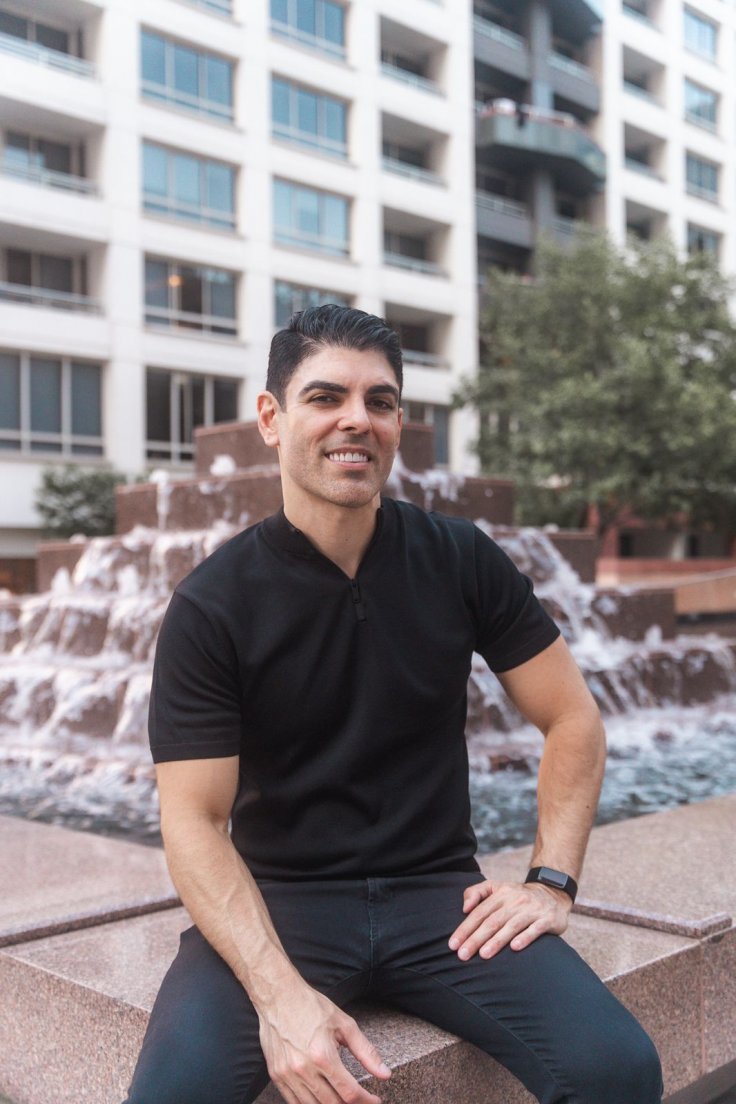
While short sellers are often portrayed as profit-seeking villains, this story will challenge that perception and reveal the crucial role they play in safeguarding the integrity of the stock market.
Back in 2008, the SEC temporarily banned short selling in a bid to stabilize turbulent stock prices. However, this ban was soon lifted as it became evident that it failed to achieve its intended effects, and market quality suffered. This episode underscored the vital role short sellers play in exposing fraudulent companies and maintaining market quality.
The story of expert trader David Capablanca, who has a 90% verified win rate in short selling is a testament to that. This DAS Trader competition winner exposed a Canadian company Flora Growth [NASDAQ: FLGC] with his smart thinking and presence of mind, resulting in a substantial decline in the company's stock prices.
If you are a fan of thrillers, you will definitely enjoy David's investigation as this story has it all: secrets, deception, drama, and a tenacious detective. It all started when David, in pursuit of potential investigations, signed up on various websites for stock promotions. That is when he came across the popular pump-and-dump scam, setting the stage for his intriguing journey.
His inbox soon overflowed with emails from Flora Growth, a Canadian cannabis startup. A deeper investigation revealed that these emails were sent by individuals closely tied to the company, setting off a red flag for David. To get to the bottom of this, he embarked on a mission to visit the company's cultivation center in the shantytown of Bucaramanga, Colombia.
Collaborating with the White Diamond Research team, David uncovered a startling fact: although an allegedly Canadian company, Flora Growth conducted a staggering 95% of its operations in Colombia, further adding to the suspicion.
Assuming the role of lead investigator, David flew to Bucaramanga, Colombia. There was no mention of the company's address, so the only clue David had were some Google and Instagram images.
Fortunately, the local with whom David was sharing a room recognized the location from the pictures, but what followed was a rollercoaster ride similar to a detective pursuit. Taxi drivers flatly refused to venture into the remote and mountainous area, leaving David with no choice but to persuade his new friend from the hostel to take him there on a motorbike. That resulted in a two-hour journey on treacherous, steep, and bumpy roads from the hostel to the company's location.
Recalling the adventure, David shares, "As we reached closer to the location, the road would get steeper to the point when the motorbike couldn't carry the weight of two people and had to be dragged." On-site, David spoke with a security guard to request a farm tour. He was allowed inside, where he met the VP of agriculture, Javier Franco, who promised him a tour the following day.
The next time David showed up, the security guard blocked his entry and prohibited him from meeting Javier. He kept him engaged in petty excuses while David explained his situation. Together with his companion, David tried to convince him by sharing that they traveled from abroad just to visit the cultivation site.
Suddenly, Javier appeared out of nowhere, apologizing to David that this tour wasn't possible. That is when David enjoyed a James Bond moment as he pulled a camera pen from his pocket. It had all the live-time conversations and videos since his first visit to the cultivation center.
This revelation sparked a fight while Javier nervously turned his face away from the camera. Things heated up, so David decided to end this investigation here and prepare the report for public disclosure.
When David began his investigation, the company's stock was trading at $21.5. However, his report suggested its true value was closer to $1 (or at most $2). This stark revelation led to a substantial drop, according to the actual asset value of the company.
David's report was hailed as one of the finest of 2021, saving the stock market from yet another pump-and-dump fraud.
Another short seller, The Bear Cave newsletter, exposed Care.com, which was being sued for offering unprofessional babysitters for service. As a result of his report, the company's CEO, CFO, and general counsel resigned, leading to a drastic drop in stock prices.
While many people consider short selling as an inadequate form of trading, ethical short selling can expose fraudulent companies on the stock market that scam innocents. David's podcast The Friendly Bear reflects on the success of such short sellers who strive to make a positive impact.
To learn more about David Capablanca and to witness the investigation's report, become a member of his YouTube channel.








